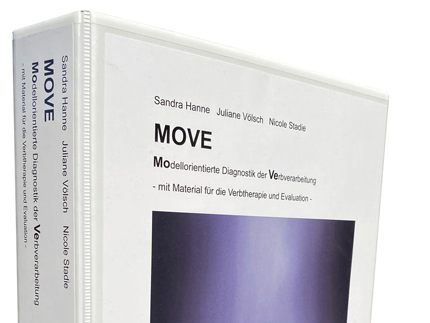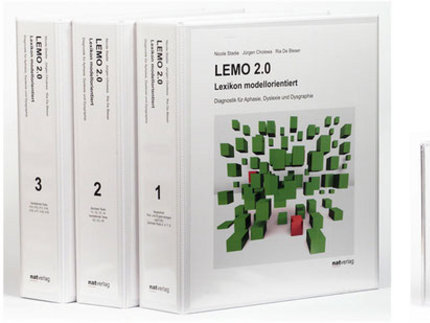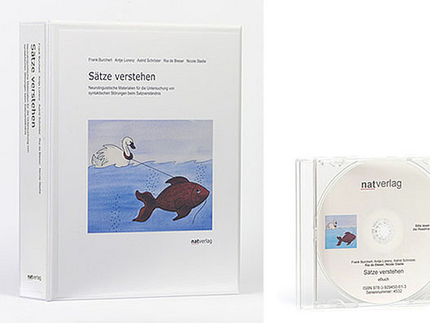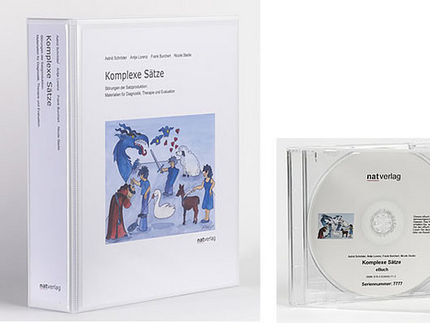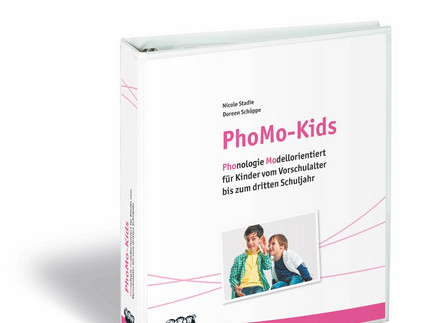MOVE
MOVE is an assessment investigating disorders in the processing of verbs and can also be used for the therapy of verb processing. MOVE consists of five different tasks that require the receptive and productive processing of verbs in both phonological and graphemic modalites. In addition, a patient's individual performance in MOVE can be evaluated with respect to relevant influencing variables (e.g., frequency, familiarity, and age-of-acquisition effects). MOVE can be applied as a one-time assessment, but can also be used as a before-after instrument for the evaluation of a therapy and as material during treatment, since two different sets of verbs are available, which are parallelized with respect to relevant psycho- and neurolinguistic variables.
LEMO 2.0
LEMO 2.0 is a revised and upgraded version of the psycholinguistic assessment tool LEMO for aphasia, dyslexia and dysgraphia (Stadie et al., 2013).
Some of the relevant changes in LEMO 2.0 are:
(1) Restructuring of LEMO-TESTS for rapid assessment of core language abilities
(2) Updated, user-friendly test and result protocols
(3) Straightforward and easy-to-follow presentation of the model-oriented interpretation of the data
Sätze verstehen
Sätze Verstehen (Understanding Sentences) is a psycho-linguistic based assessment tool allowing for a systematic investigation of syntactic disorders in persons with aphasia (Burchert et al., 2011). It aims to gradually narrow down deficits in sentence comprehension.
Komplexe Sätze
Komplexe Sätze (Complex sentences) is a psycho-linguistic based treatment program for intervention and evaluation of deficits in sentence production (Schröder et al., 2009). The intervention protocol follows the treatment of underlying forms (TUF, Thompson, 2001). The structure of the sentence material and the procedure for evaluating treatment outcome are based on findings of neurolinguistic treatment research involving aphasic patients with agrammatism (Stadie et al., 2008).
PhoMo Kids
PhoMo Kids is a psycho-linguistically based assessment tool with varying tasks for a systematic investigation of phonological abilities in children (Stadie & Schöppe, 2014). PhoMo Kids allows for a model-oriented interpretation of (partial) deficits in both receptive and expressive phonological abilities. Since the child’s phonological abilities are analysed in relation to a psycholinguistic model of phonological processing that takes into account the precursors for development of reading and writing abilities, the results of the assessment enable to devise a specific therapy. The target group of PhoMo Kids are children with developmental language disorders, phonological abnormalities and suspected reading and spelling difficulties.

